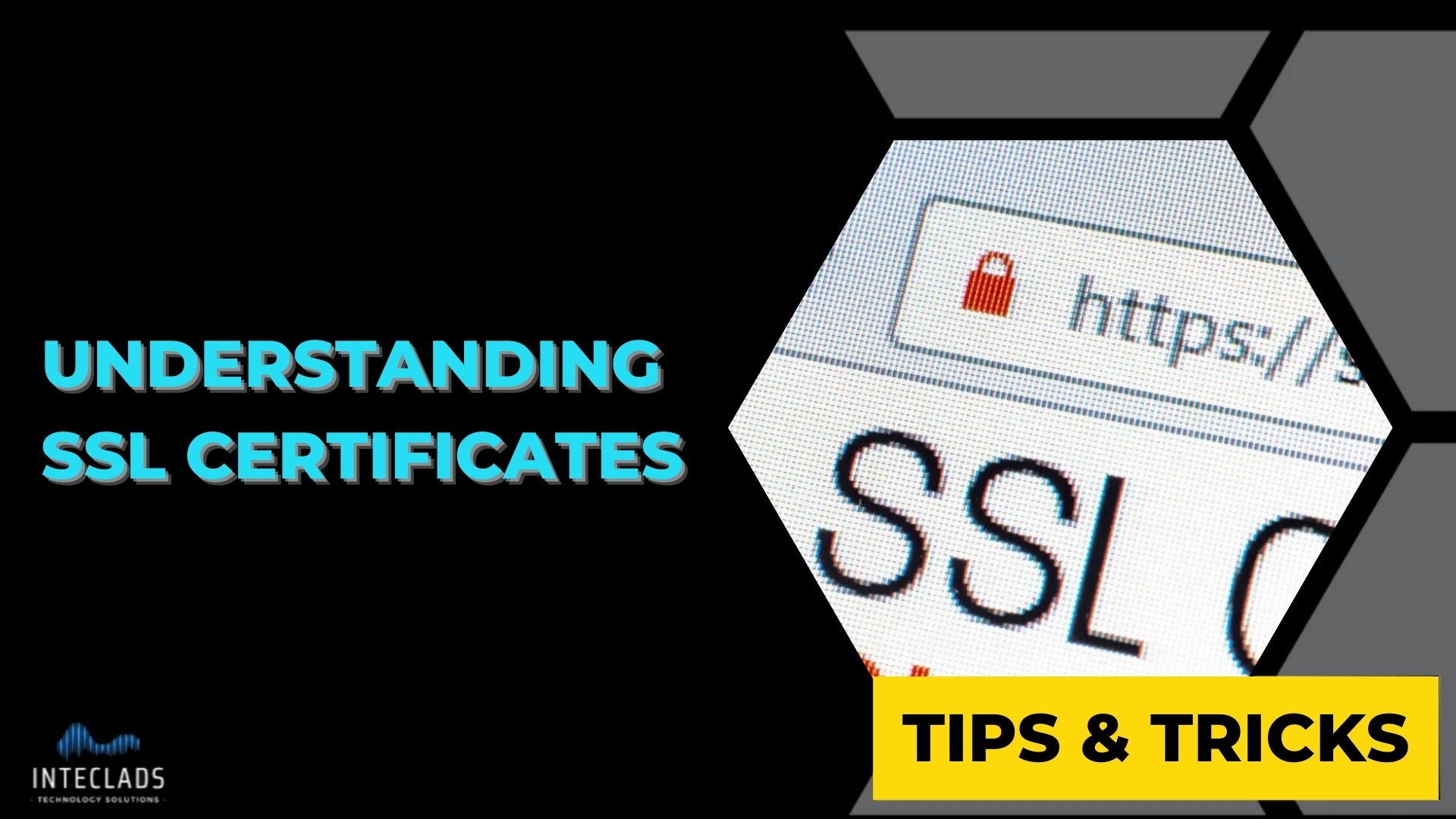Understanding SSL Certificates

Whether you're an internet user or a website owner, you've probably come across the term “SSL certificate” or noticed a little padlock icon next to a website's URL. But what is an SSL certificate, and why is it essential? Let's dive in.
What is an SSL Certificate?
SSL stands for Secure Socket Layer, a cryptographic protocol designed to provide secure communication over a computer network. Its successor, Transport Layer Security (TLS), has since taken over, but the term SSL is still widely used. At its core, an SSL certificate is a digital certificate that authenticates a website's identity and enables encrypted connection, ensuring that data transmitted between the web server and the browser remains private.
Different Types of SSL Certificates
Depending on your website's needs, various SSL certificates cater to different purposes:
- Domain Validation (DV) Certificates: A basic level of validation where the ownership of the domain is verified. Ideal for small websites and blogs.
- Organisation Validation (OV) Certificates: Verifies domain ownership and some organisational information, adding an extra layer of trust for visitors. Suitable for businesses.
- Extended Validation (EV) Certificates: With an extensive verification process, EVs are the gold standard for businesses like e-commerce and banking establishments, ensuring the highest trust level.
- Wildcard Certificates: Perfect for websites with multiple subdomains, as they secure a domain and all its subdomains.
- Multi-Domain (SAN) Certificates: Secure multiple domain names with a single certificate. Great for businesses with multiple domain names.
- Unified Communications Certificate (UCC): Initially for Microsoft servers, now used similarly to multi-domain certificates.
- Single Domain Certificate: As the name suggests, it secures a single domain name.

Can I get an SSL for free?
Yes! Let's Encrypt stands out as a popular free option, providing free DV certificates. It's an excellent choice for those on a budget or with basic needs.
"In today's digital age, where cyber threats are on the rise, having an SSL certificate is no longer optional; it's a necessity. With various options available, from free to premium, there's an SSL certificate out there to fit every need."
Free vs. Paid SSL Certificates
As above, it is possible to get a completely free SSL from Let's Encrypt to fulfill basic needs.
However, there are many paid providers like DigiCert, GeoTrust, Comodo, and Symantec, which offer a range of SSL certificates with varied features and warranties. While free certificates serve their purpose, businesses - especially those in e-commerce - might opt for premium certificates for enhanced trust and credibility.
Why Do You Need an SSL Certificate?
- Security: An SSL certificate encrypts data, ensuring that information like credit card details, login credentials, and personal data are secure.
- Trust: A visible padlock icon or a green address bar gives visitors confidence that your site is trustworthy.
- SEO Benefits: Google has acknowledged that HTTPS is a ranking factor, making SSL certificates a must for improving your website's visibility.
- Regulatory Compliance: For businesses collecting personal data, SSL certificates might be mandatory under certain data protection regulations.

